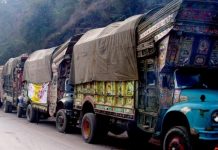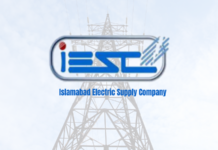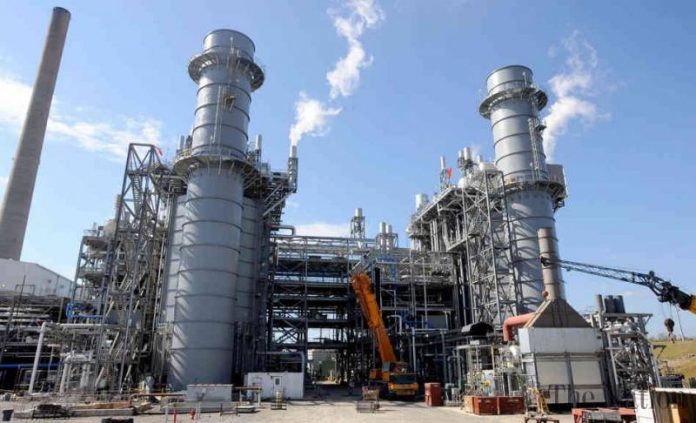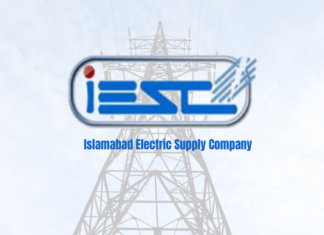ISLAMABAD: After nearly four years, the federal government has lifted the ban on new gas connections for households, allowing Sui Northern Gas Pipelines Ltd (SNGPL) and Sui Southern Gas Company Ltd (SSGCL) to provide Re-gasified Liquefied Natural Gas (RLNG) connections at tariffs determined by the Oil and Gas Regulatory Authority (OGRA).
The announcement was made on Wednesday at a joint press conference by Federal Ministers Ali Pervez Malik and Dr. Tariq Fazal Chaudhry, who said the decision would provide long-awaited relief to thousands of households.
“The ban on domestic gas connections, imposed in 2021, caused immense difficulties for families. By allowing RLNG connections, we are ensuring cheaper and more reliable energy — up to 35% less expensive than imported LPG,” Malik said.
The move comes against a backdrop of mounting RLNG surpluses. Pakistan currently imports 10 LNG cargoes per month under long-term contracts with Qatar Energy and ENI. Falling demand from power plants and captive power producers has left as many as 11 surplus cargoes for July–December 2025, with projections of 40 surplus cargoes in 2026.
Industry sources said diverting RLNG to the domestic sector would help absorb the excess while easing households’ reliance on costly LPG cylinders.
The backlog of applications is massive. SNGPL alone has 3.2 million pending requests, including 240,000 applicants who have already paid for connections and 4,000 who paid an urgent fee of Rs25,000. SSGCL has about 19,800 pending applications.
So far, the two utilities have provided 33,808 RLNG-based connections, while another 150,898 applications are under process.
However, the policy shift could trigger tariff-related disputes. Indigenous gas users currently pay far lower rates compared to RLNG consumers. Both utilities had earlier avoided extending RLNG offers to pending applicants for fear of litigation over “discriminatory treatment.”
To address this, the government has proposed water-tight contracts between consumers and the utilities, ensuring consent on tariff structures to minimize legal challenges.
While the decision will benefit households, it also formalizes Pakistan’s shift toward costlier imported fuel as domestic reserves decline. According to OGRA’s estimates, diverting RLNG to households cost Rs242 billion in FY2025, leading to tariff hikes across consumer categories.
Industry sources also said that increased reliance on RLNG could deepen affordability and energy security challenges. Curtailment of indigenous gas — already reduced by 250–400 mmcfd to balance the system — is also hitting revenues of exploration and production (E&P) firms, discouraging new investment.
Despite these concerns, the Petroleum Division argued the move was essential to reduce surplus LNG volumes and avoid heavy take-or-pay penalties under existing supply contracts.
The decision marks a major policy shift in Pakistan’s gas sector — offering relief to households but underscoring the country’s growing dependence on imports at a time of rising global fuel volatility.
The decision provides relief to households waiting years for gas access, but it also highlights Pakistan’s deepening dependence on imported fuels. Analysts warn that the short-term benefit of absorbing surplus LNG and avoiding contractual penalties must be weighed against long-term affordability and energy security challenges. For now, the government has opted for a compromise that brings long-awaited connections to millions of families but also formalizes a structural shift toward higher-cost imported gas at a time when domestic reserves are declining and renewable alternatives remain underdeveloped.
























